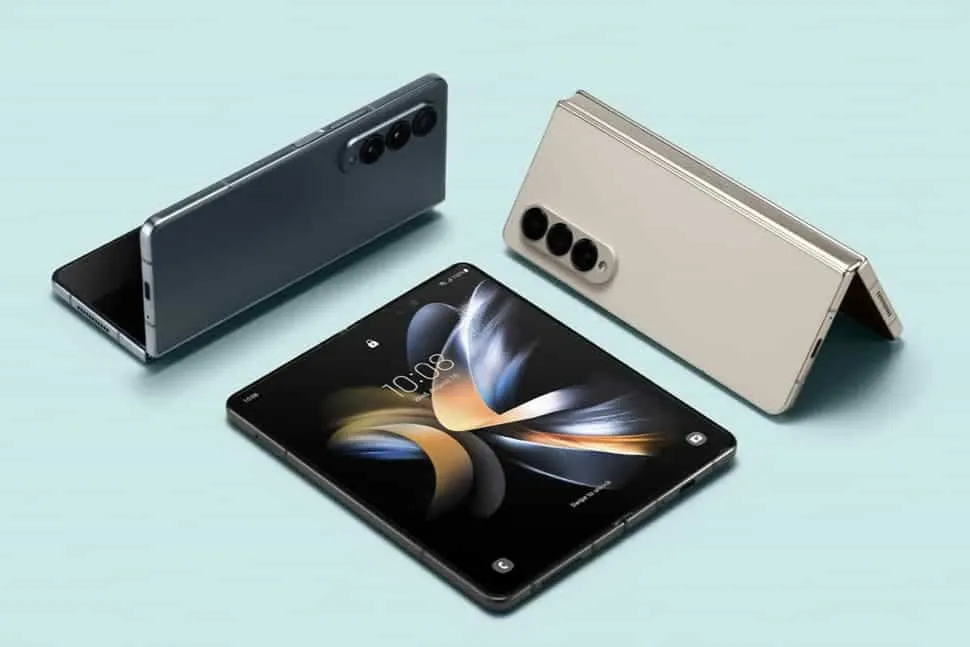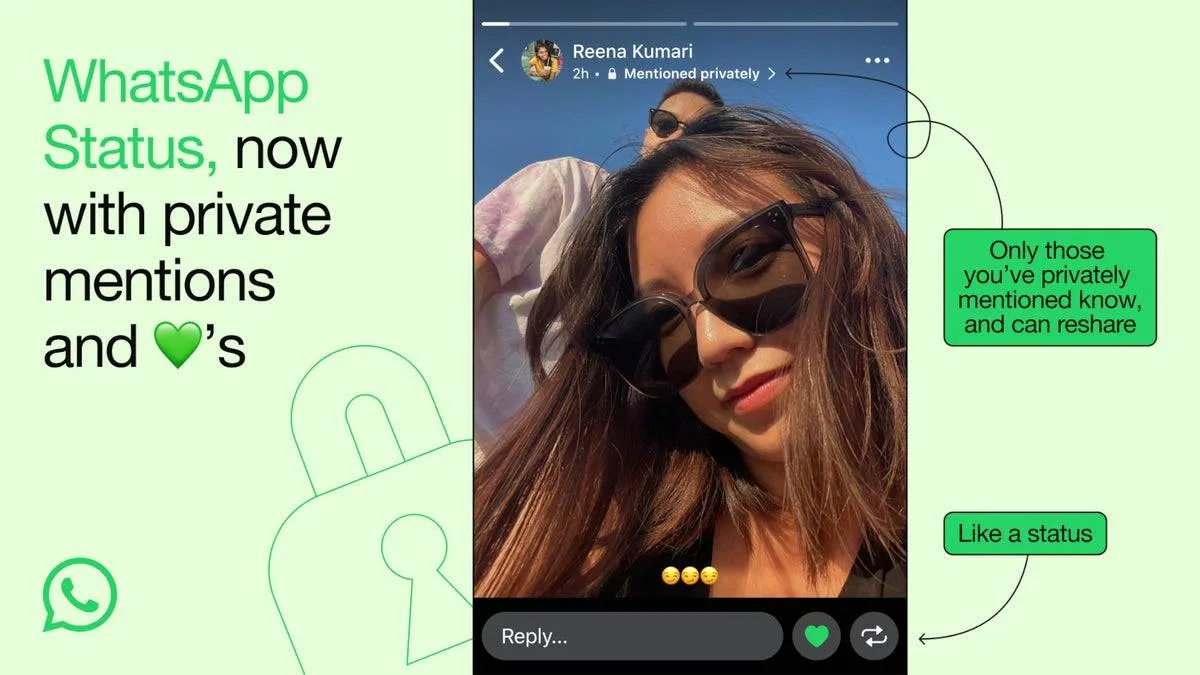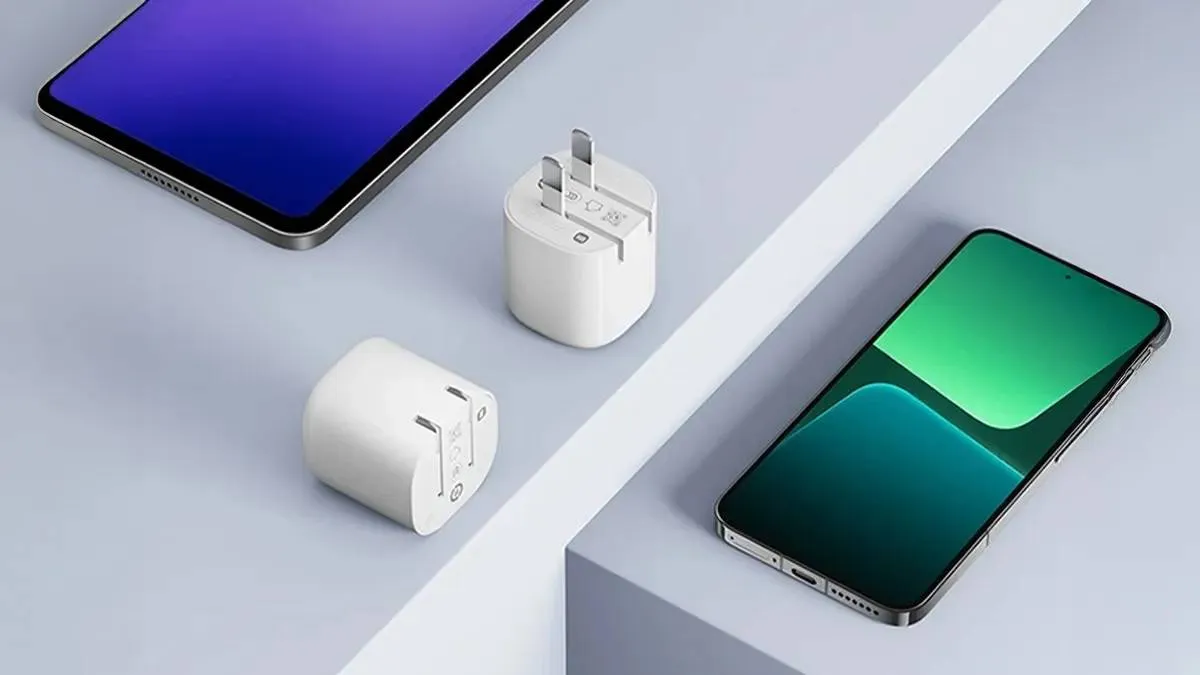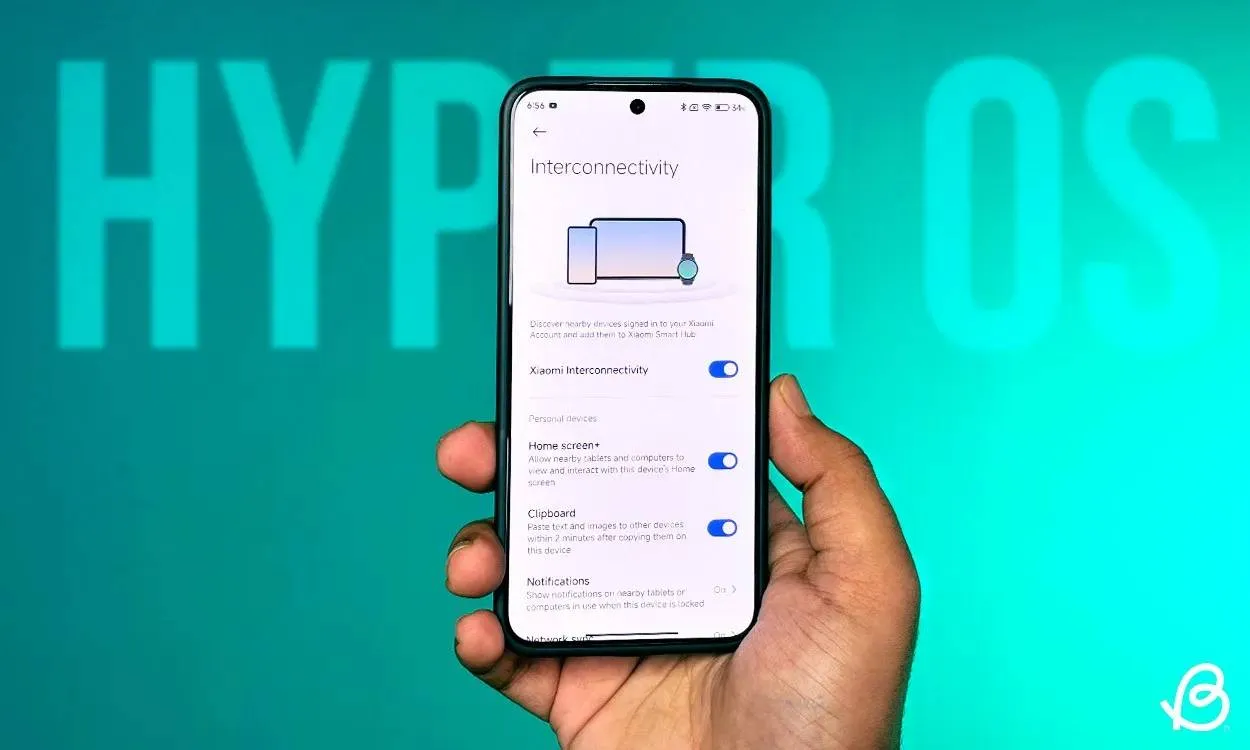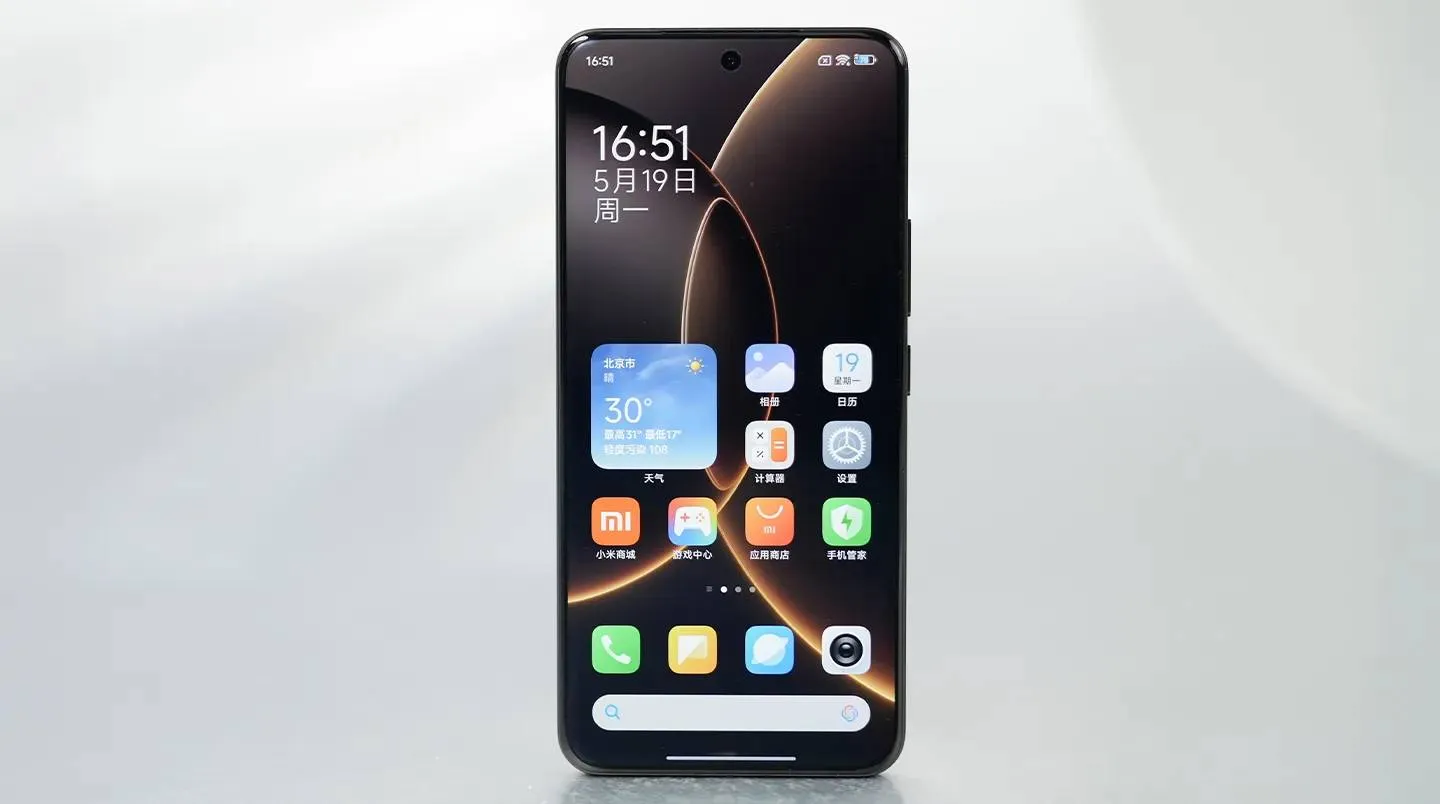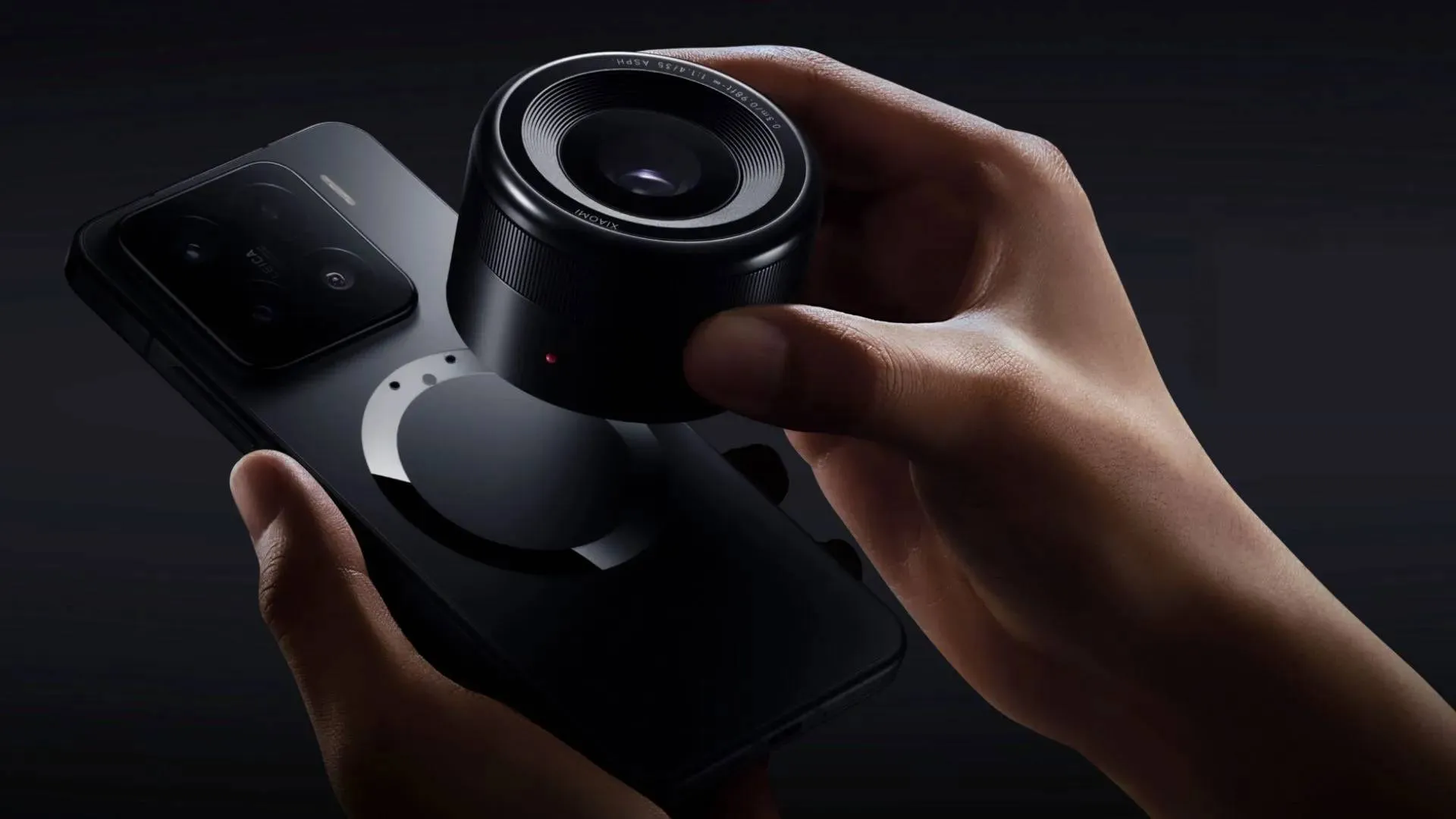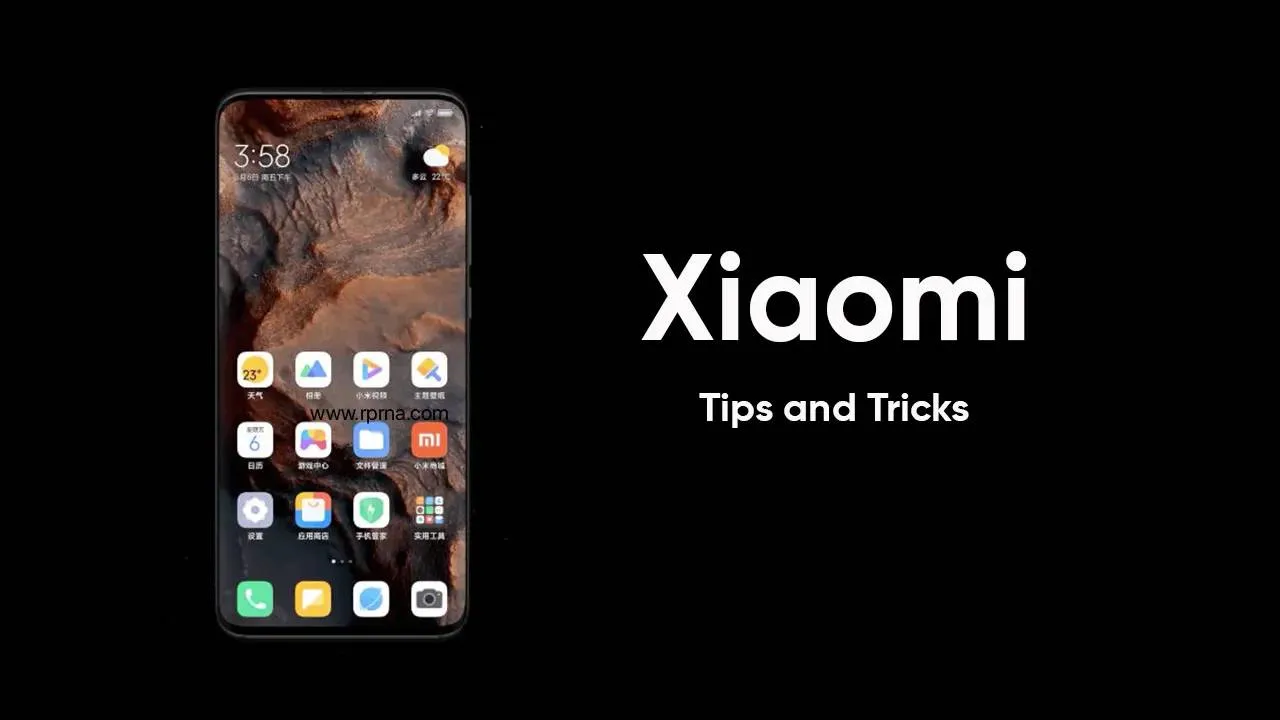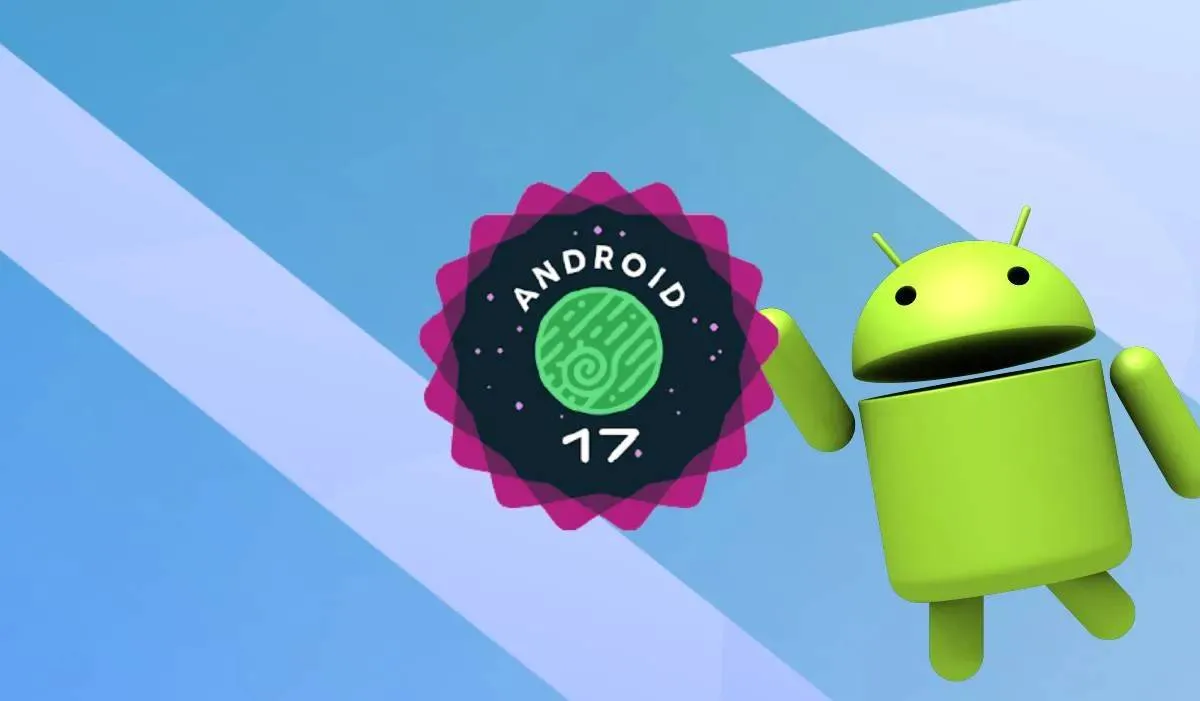
More than 70 Xiaomi smartphones confirmed for Google's Android 17 Beta 1!
Feb 14, 17:24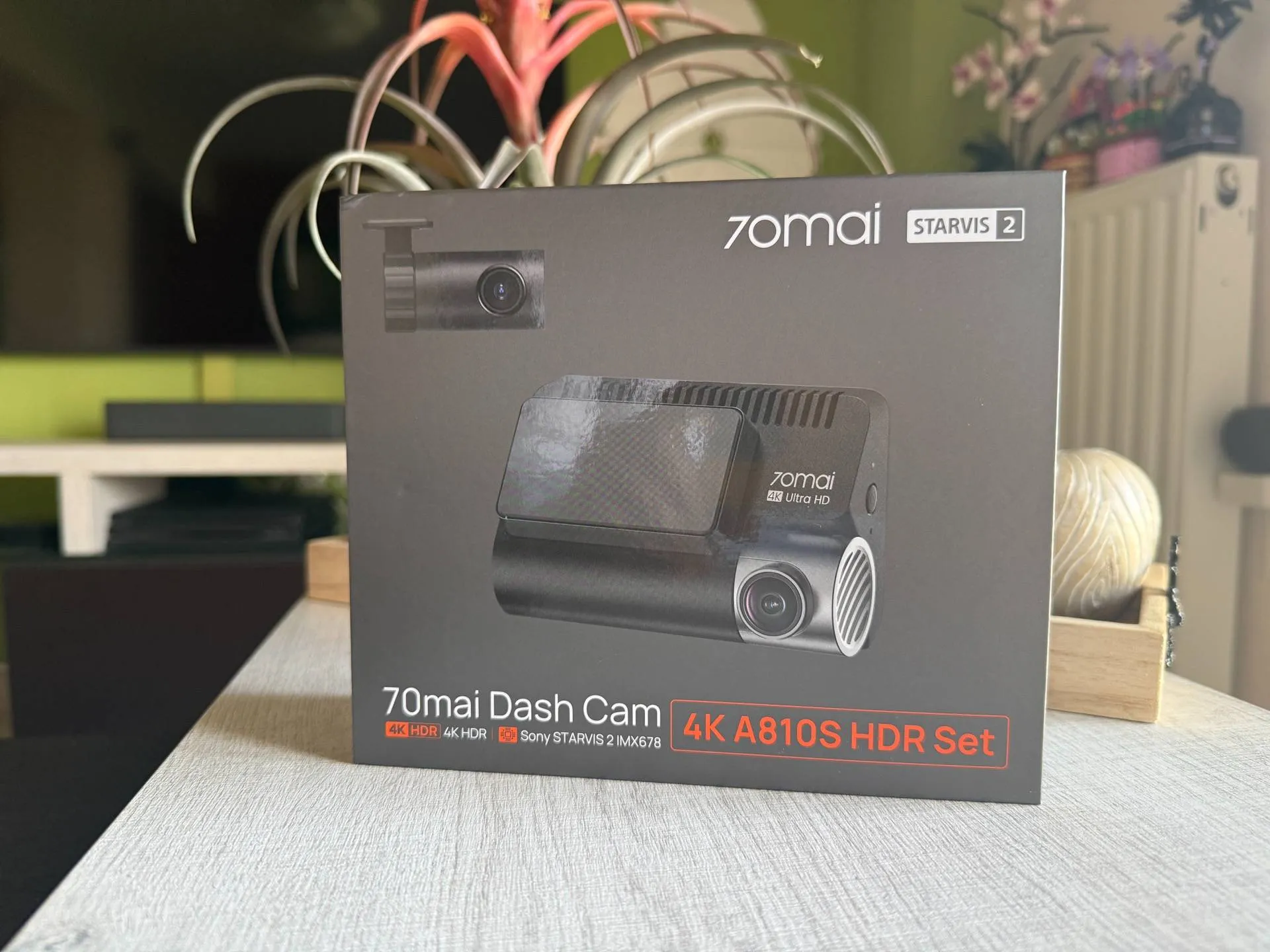
70mai A810S 4K Dashcam Review: The New King of Night Vision?
Feb 16, 02:44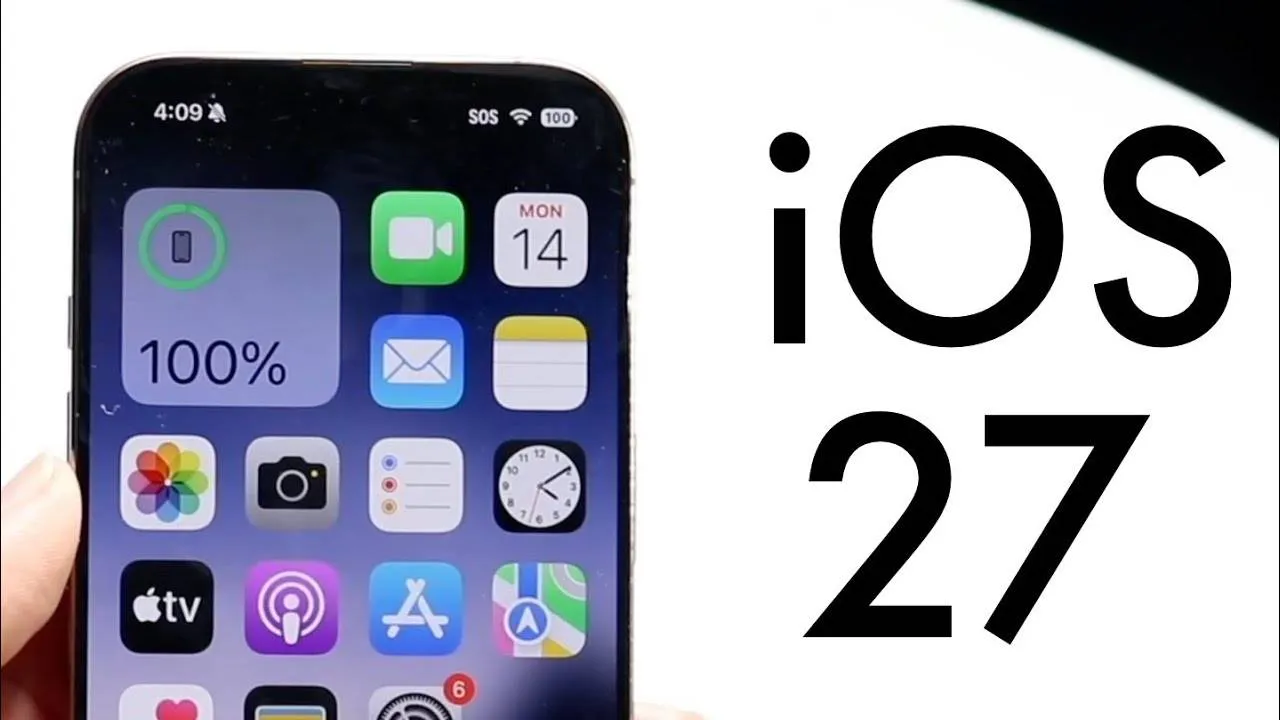
Mark Gurman Reveals iOS 27 Plans: Performance Over Visual Changes
Feb 15, 17:26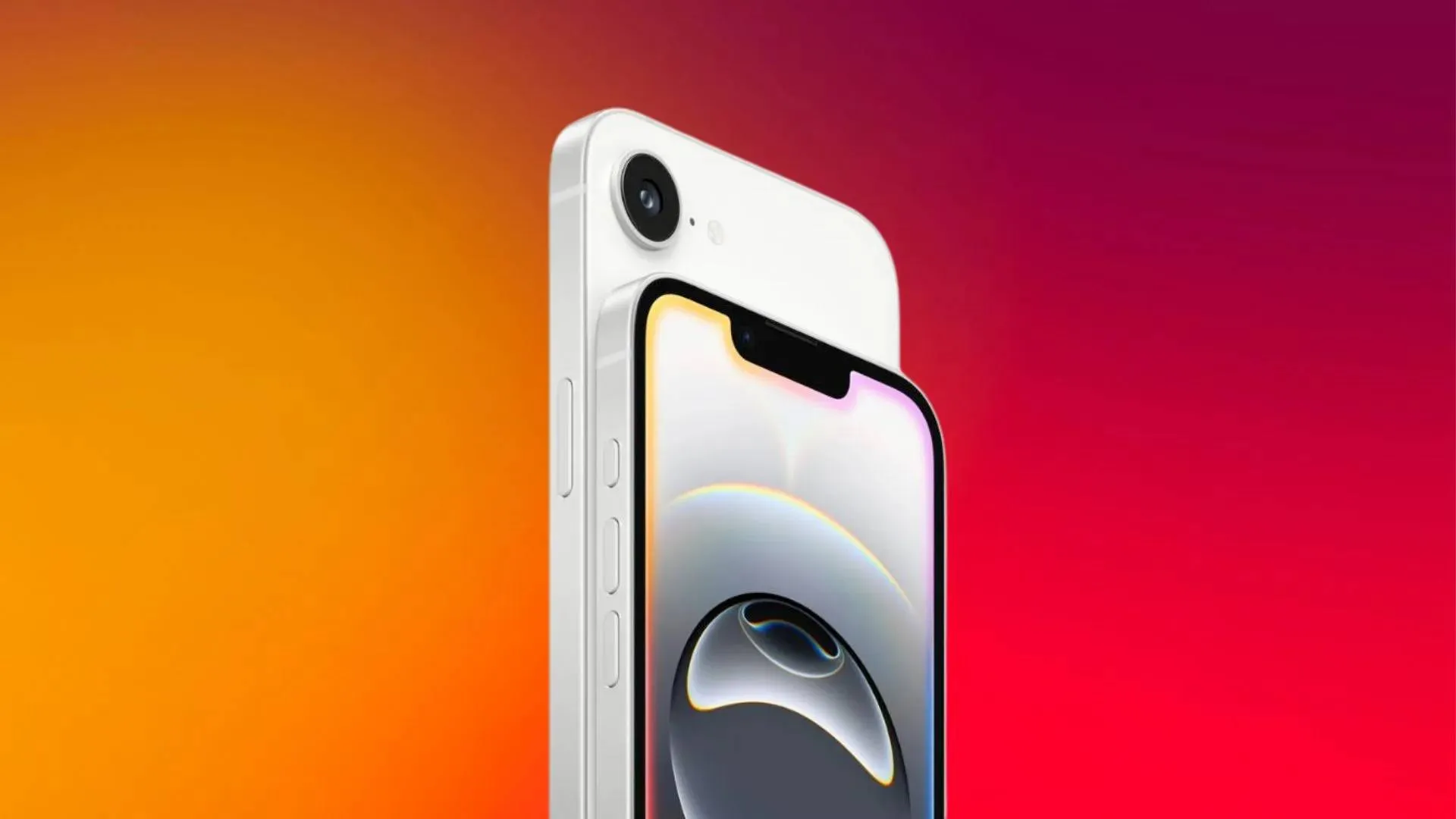
iPhone 17e Leak suggests official launch on February 19 with a $599 Price Tag
Feb 13, 11:02
The 7,000mAh Smartphone Paradox
Feb 13, 04:13
How a Brazilian Modder Stripped 120GB Down to 2.5GB and GTA V Still Boots!
Brazilian modder shrinks GTA V from 120GB to 2.5GB. Core sandbox still works at 30FPS on low-spec hardware. What remains and what got removed.
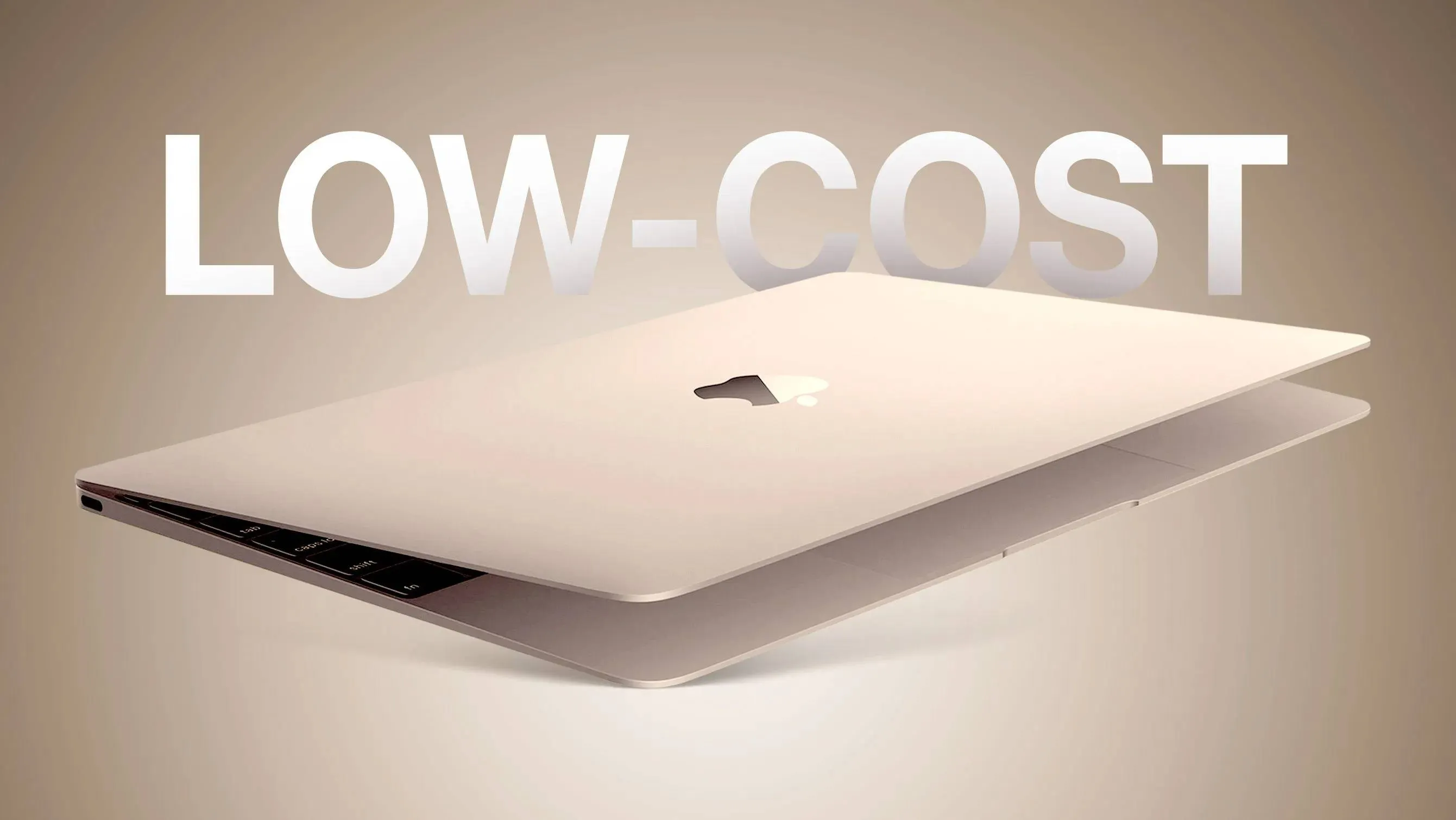
Yellow, Green, Pink MacBook? Apple's Most Colorful Laptop in Years Surfaces
Apple's $599-$799 MacBook with A18 Pro chip and colorful finishes rumored for March 2026. Gurman confirms aluminum build despite budget pricing.
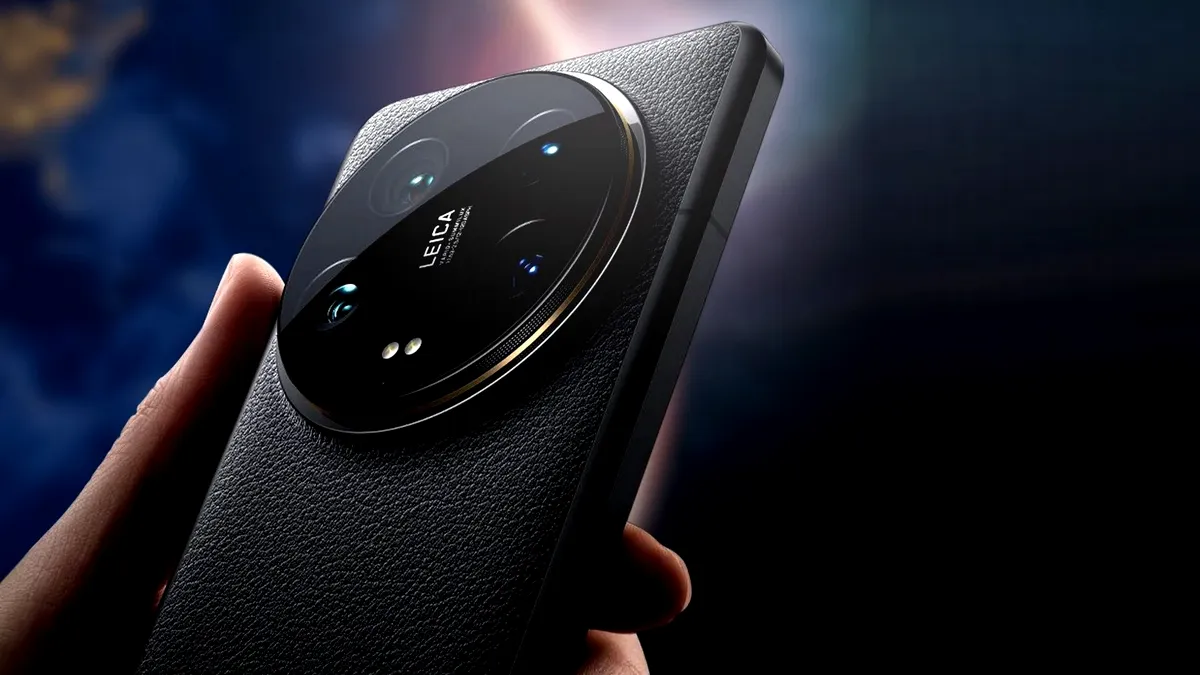
Xiaomi 17 and Xiaomi 17 Ultra: Global Launch Date and Prices Leak
Xiaomi 17 and Xiaomi 17 Ultra European prices leak ahead of February 28 launch, with battery cuts confirmed for global models.
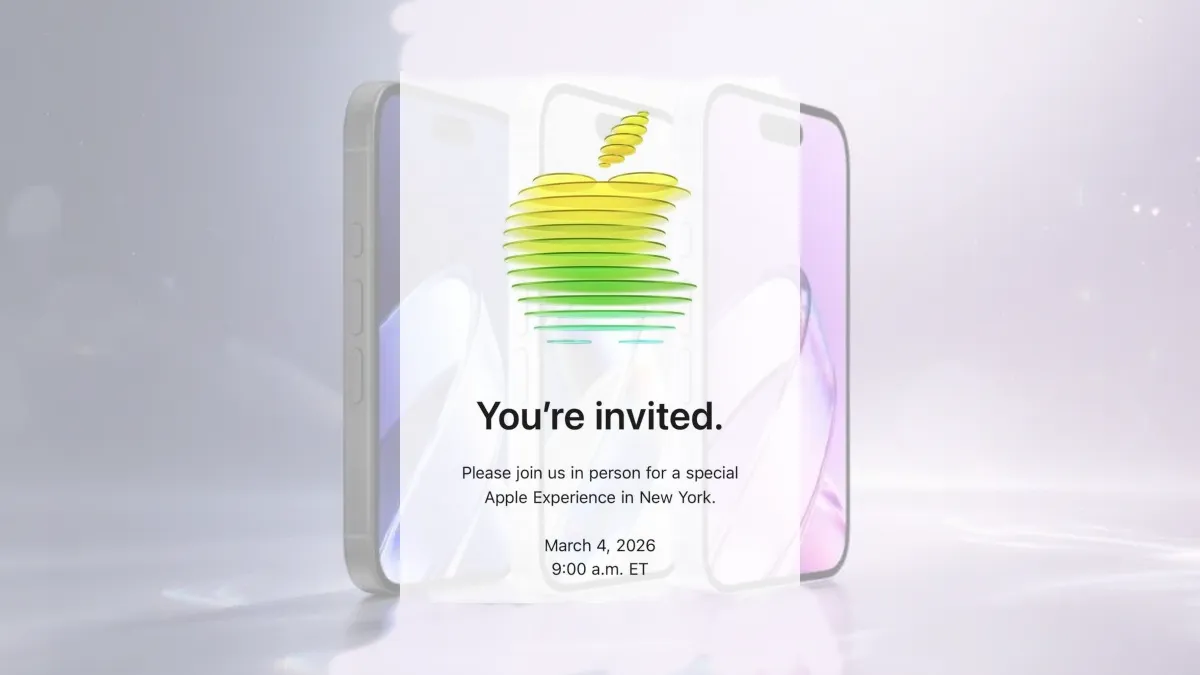
Apple Schedules Special Experience Event for March 4 - iPhone 17e Expected
Apple is inviting us to a special Apple Experience event on March 4. The iPhone 17e is expected alongside new MacBook and iPads.
- I want to know how much the Oppo Pad 4 Pro tablet is currently priced please?Egyptian13-02-2026
- I want to know how much is the price of the Oppo Pad 4 Pro tablet currentlyEgyptian13-02-2026
- We hope that the giant Xiaomi will put a cooling fan in the global version of the Xiaomi 17T Pro phone as in the Redmi K90 Ultra, albeit with less capabilities, and that the battery will be larger than 7500 mAh, and the screen will reach 6.85 inches.Egyptian12-02-2026
- Most of the tablets doesn't support Zoom video blur background feature.YugeshM1509-02-2026
- 👍️CajunMoses03-02-2026
- Besoin de ça
 merveil11-12-2025
merveil11-12-2025 - Looking forward to buying both sizes of this when they are available in Thailand 🇹🇭chrisman08-12-2025
- Finally! Surprised corrupt Grok was not mentionedMaxNix07-12-2025
- About time!!MaxNix07-12-2025
- Best practice avoid buying Xiaomi phones and products, you all won't regret later.Kevin03-12-2025
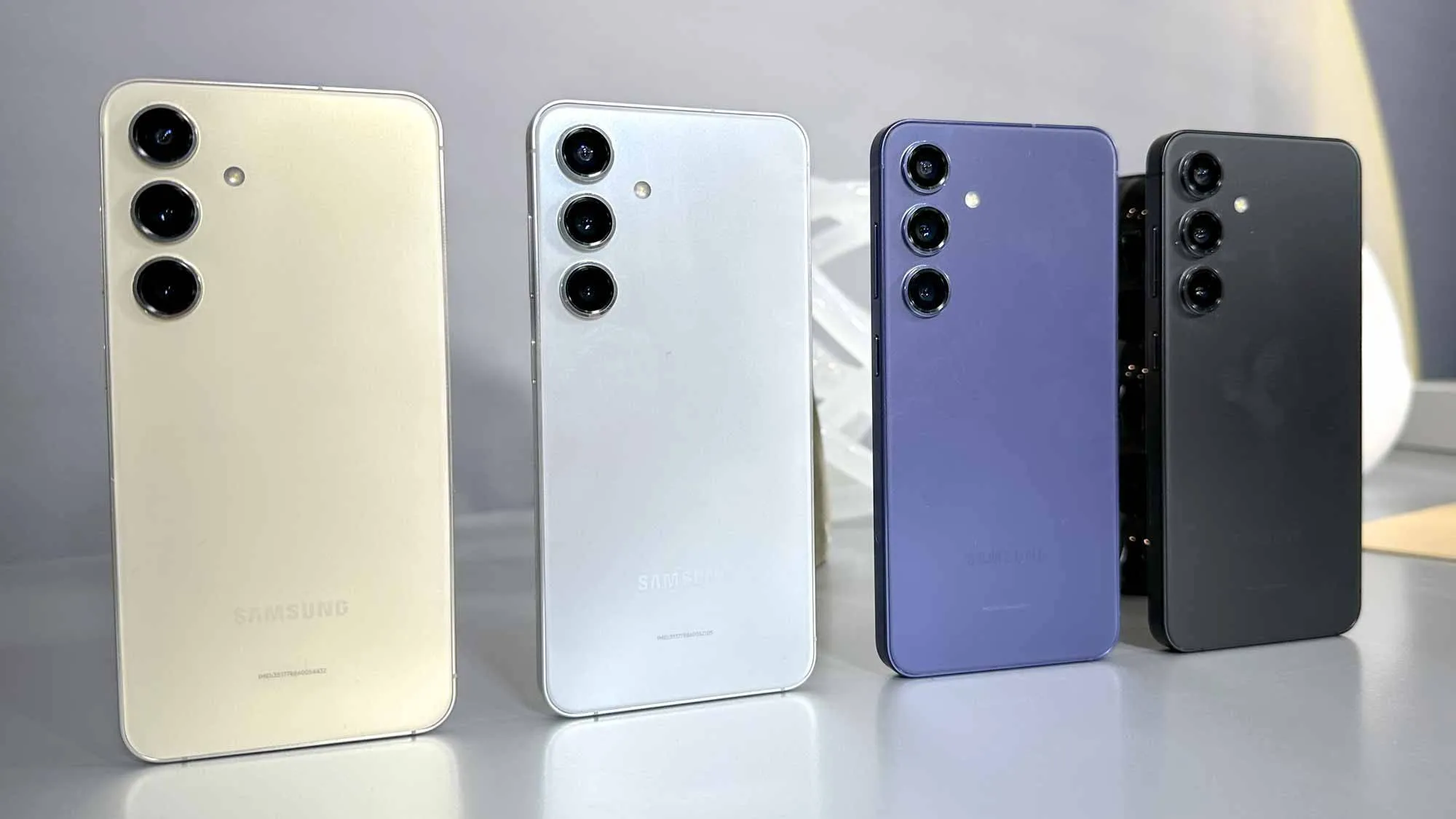
Samsung Galaxy S26+ appears for sale early at $1,650 ahead of February 25 launch
Samsung is getting ready for a big show on February 25. That is when they plan to reveal the new Galaxy S26 phones. But someone did not want to wait.

The electric car promise sounds perfect, but daily driving tells another story
Electric cars are sold as smart machines that get better with time. You hear that the car will update on its own, guide you with ease, and even handle parts of the drive.

Xiaomi 17 and Xiaomi 17 Ultra: Global Launch Date and Prices Leak
Xiaomi 17 and Xiaomi 17 Ultra European prices leak ahead of February 28 launch, with battery cuts confirmed for global models.
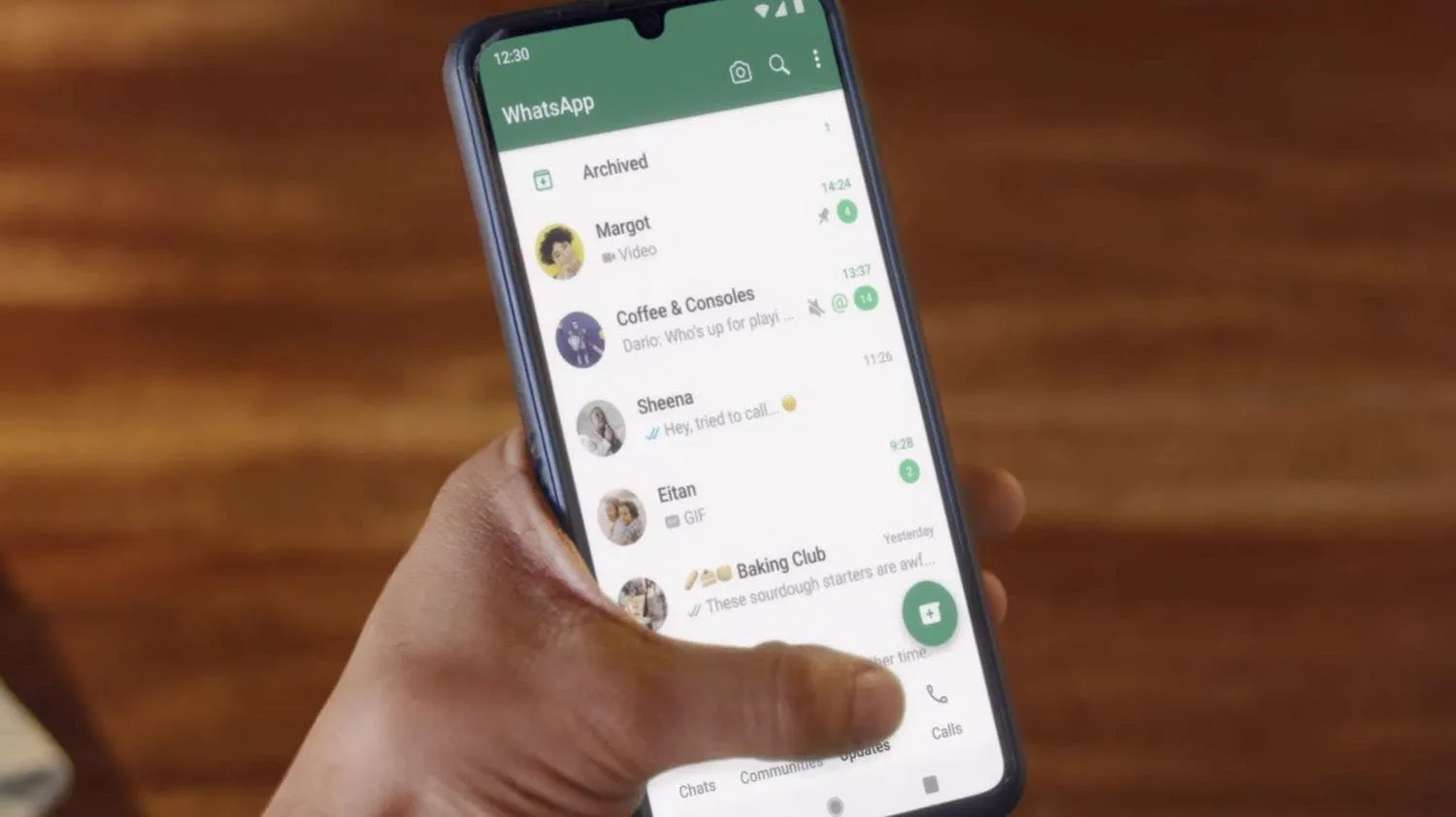
Top 6 WhatsApp settings to turn on to keep your account safe and how to activate them
WhatsApp is where most of our daily talks happen. Chats with friends, work updates, photos, and even bank alerts all go through it.
Loading



